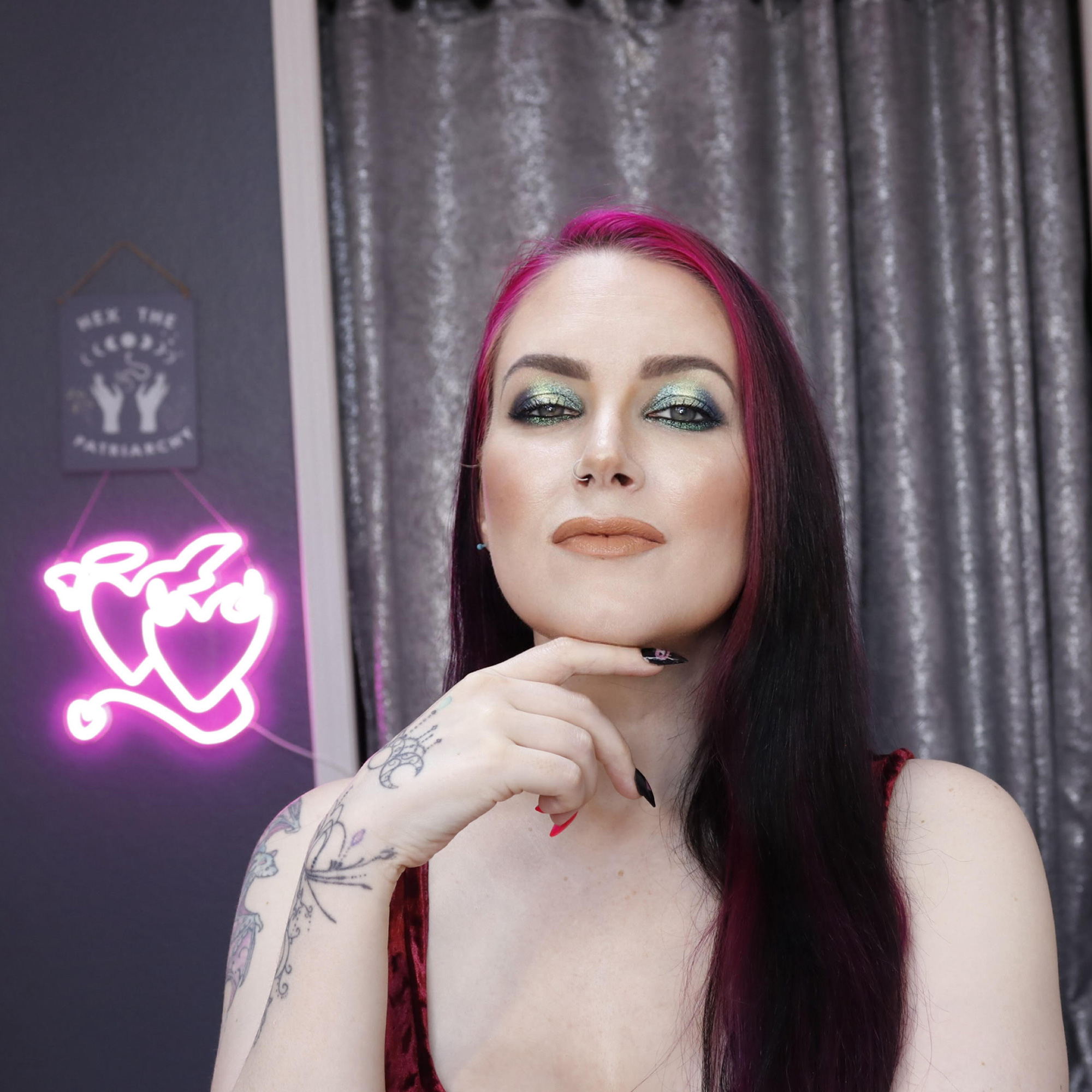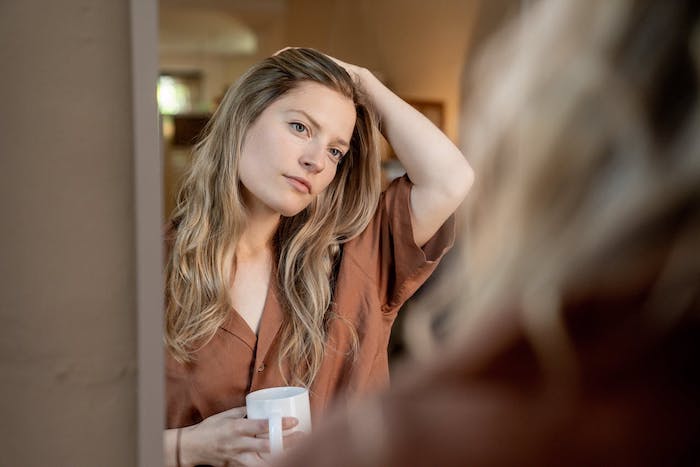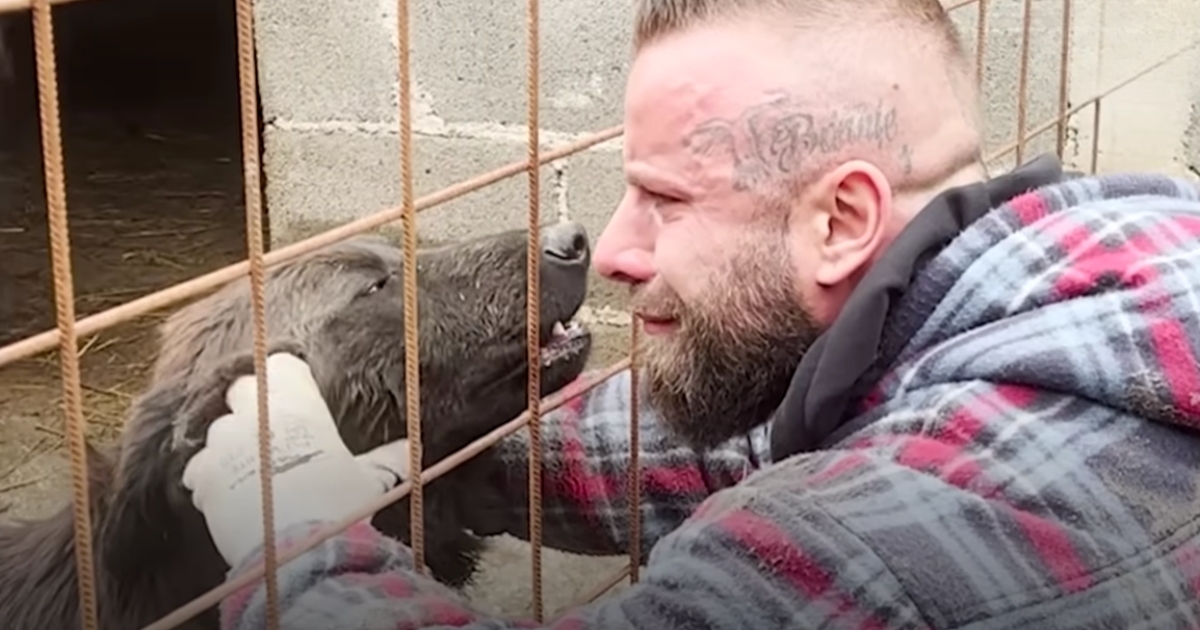

By Courtney Elliott
Santi Nuñez / StocksyWhether you just brought your new dog home or are about to sign the adoption papers, knowing what to expect at your dog’s first vet visit is crucial to establishing a good healthcare routine. You can prepare for your dog’s first vet visit by scheduling early, gathering their health history and a list of questions, using a comfortable carrier, and avoiding a large meal beforehand. You’ll also need to be prepared to communicate openly about concerns and provide accurate information about their health and behavior. Here’s what you can do to come to your pup’s first appointment prepared.
When to take your new dog to the vet
Regular vet check-ups contribute to a lifetime of wellbeing for your dog, and it all starts with the first visit. You should take your dog to the vet soon after adoption, ideally within a few days of bringing them home. This initial visit allows the vet to conduct a thorough examination, assess vaccinations, and discuss a tailored health plan. It’s also the perfect time to address any questions or concerns you may have about your new companion.
What can I expect when first visiting the vet?
When you and your new dog go to that first vet visit, expect a warm welcome from the veterinary team, who will likely start with a comprehensive health check-up. They’ll discuss vaccinations, preventative care, and your pet’s specific needs.
Don’t be shy — vets are there not just for your pet’s health, but also to ease any worries or curiosities you might have as a pet parent. Your dog’s first vet appointment is a fantastic opportunity to ask questions, share your pet’s history, and gather valuable insights on diet, behavior, and future healthcare plans. To make sure you’re fully prepared, follow this puppy’s first vet visit checklist to keep yourself organized.
1. Scheduling the appointment
The first thing you need to do is get an appointment on the calendar. For some practices, it can take months to get an appointment, while others have immediate openings. So, if you’re considering adopting a dog, you should do this when filling out your adoption application before you even bring your rescue dog home — this will ensure you get your preferred date and time. Vet appointments can typically be done online or by phone.
2. Preparing for the visit
Before you leave for your visit, make sure your pup hasn’t had a big meal — it’s best to wait a few hours after feeding. A crate or carrier can be a safe and effective way to transport a newly adopted dog to the vet, otherwise, make sure they’re safely strapped in with a dog seatbelt during the ride there. And make sure they’re properly leashed and wearing a collar with an ID tag.
3. What to bring to a vet visit
Other than your dog, of course, there are a few things you should bring with you to your dog’s first vet visit.
Medical records: Any existing medical records or vaccination history will be incredibly helpful for the vet to have on hand.
Existing medications: If your pup is on any medication or supplements, bring those along for a medication check.
Comfort item: Don’t forget their favorite toy from their foster or a comforting blanket — familiar items can provide a sense of security during the visit.
All your questions: Arm yourself with any questions or concerns you might have.
4. During the visit
Each vet appointment starts with a veterinary technician weighing your dog on the scale. The vet tech will then ask you some preliminary questions about your dog’s health and history to ensure your pet’s medical record is up-to-date.
The veterinarian will then come in and examine your pup from nose to tail, checking ears, teeth, and everything in between. If your dog has any existing conditions or concerns, this is the moment to share them. It’s also the perfect time to discuss preventive care, such as flea and tick protection, parasite prevention, and dental health. And if vaccinations are on the agenda, a vet tech may return to assist in providing the immunizations.
5. Follow-up and care
After your dog’s first appointment, your vet will likely share any necessary follow-ups and devise a schedule for future care. This could include upcoming vaccinations, dental check-ups, or preventive treatments based on your dog’s individual needs. They might discuss dietary recommendations or address any concerns that surfaced during the initial visit. Don’t hesitate to reach out to your vet with any questions or observations between visits.
Are there any specific questions I should ask the vet?
Before heading to the vet, you might wonder, “What should I ask the vet during the visit?” This is a great question, and many pet parents find it helpful to write down specific questions prior to the appointment. Here’s a list of helpful questions to get the gears turning:
What food should I feed my dog?
Is my dog up to date on all vaccinations?
How much exercise should I give my dog daily?
Should I spay or neuter my pet? If so, when?
What preventative medication should my dog be on?
Does my dog have any current conditions?
What’s the best way to reach you if I have a question or concern?
Where should I take my dog during an emergency?
What is the cost of a dog’s first vet visit?
The cost of the first vet visit for a puppy or dog ranges from $50 to $500 or more, depending on your location, the specific services your vet says are necessary for your dog’s wellbeing, and any additional procedures or tests recommended during the appointment. Some veterinary practices may offer package deals for initial check-ups and vaccinations.
It’s also worth exploring pet insurance options to help offset potential future medical expenses. While vet care is an investment in your dog’s wellbeing, it’s wise to inquire about fees and potential additional costs during the appointment. Ultimately, it’s important to plan and budget ahead of time to make sure you can cover the cost of vet visits for your dog.
Why is it important to have a good relationship with your dog’s vet?
Having a good relationship with your dog’s vet is paramount for several reasons. First, it fosters strong communication, enabling you to discuss any concerns or observations about your dog’s health openly. This collaboration ensures your vet has a comprehensive understanding of your pet’s history, facilitating more accurate diagnoses and tailored treatment plans.
A strong bond with your vet also creates a positive experience for your dog during visits, minimizing stress and anxiety. It also establishes trust, allowing you to rely on your vet for guidance on preventive care, nutrition, and overall health. Ultimately, a good relationship with your dog’s vet is the foundation for proactive and personalized healthcare, contributing to a long, happy, and healthy life for your pup.
FAQs (People also ask):
How long does the first vet appointment take?
The first vet appointment ranges from 30 to 60 minutes. This time allows the vet to conduct a thorough examination, discuss your dog’s medical history, and address any questions or concerns you may have. It’s a comprehensive session aimed at understanding your dog’s health and setting the groundwork for future care.
What if my dog is nervous or scared at the vet?
If your dog is nervous or scared at the vet, it’s not uncommon. Vets and their staff are experienced in handling anxious pets and will employ gentle techniques to make the experience as stress-free as possible. Bringing familiar items, such as a favorite toy or blanket, can offer comfort, and positive reinforcement, such as treats or praise, helps create a positive association with vet visits over time.
How often should I schedule vet check-ups?
Regular vet check-ups are crucial for your dog’s health. In general, scheduling an annual check-up is recommended for most dogs. However, for puppies, seniors, or those with specific health concerns, more frequent visits may be necessary. Your vet will provide guidance based on your dog’s individual needs, ensuring they receive the appropriate preventive care and attention throughout their life.
Courtney Elliott, a proud Cleveland native living in Manhattan, blends her decade of writing and editing expertise with her unshakable devotion as a pet parent to her French Bulldog, Gus. When she’s not at her desk, you’ll find her frolicking in Central Park or engrossed in a good book at a local coffee shop.
Best of Adopting a Dog, Best of Dog Basic Care, Best of Dog Health |






